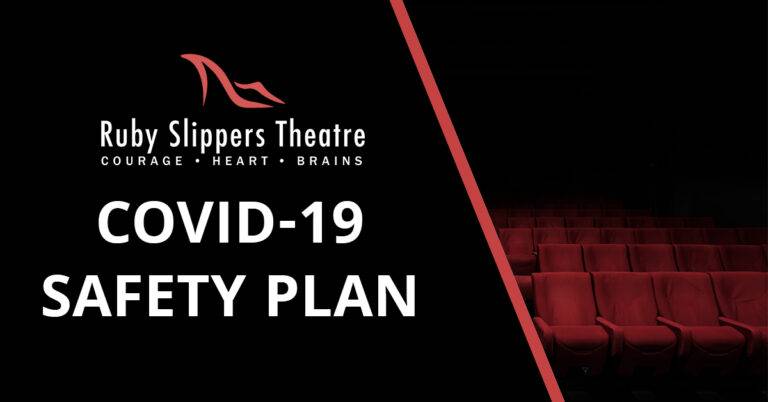By Gavan Cheema, Associate Artistic Director, Theatre Conspiracy
Write what you know. By doing so, I have the permission to be all the parts of myself through my words, not just the “South Asian” parts. Write what you know. By doing so, I can reach into my heart, a place that stores more than just identity politics and POC pain. Write what you know. If we lean into this, our conversations about race, equity, and inclusion would be different. What happens when you write what you know, and what you know doesn’t neatly fit into the western framework for creating art?

“Write what you know”, we’ve all heard this before. In theatre school, one of my profs said it to me, write what excites you, Cheema. So, I did. I wrote what I knew, and I welcomed into the world a messy, incomplete, first draft of my play Himmat (titled Jazzy at the time).
Write what you know. So, I did. I know about Punjabi dad’s and their complicated relationship with their kids and Crown Royal. But then came the critics… But where’s the action, Gavan? Where’s the conflict? Where is the rising action and climax?
For me, the answer was simple. The action and conflict of the play were embedded in the relationships my characters were cultivating and navigating. But in the Western sense of storytelling, my play had no clear conflict, no climax or no brown dude brawl. Himmat is just two people, on a stage, existing as they are.
I wrote what I knew, but it didn’t fit neatly into the western, colonial, and patriarchal sensibility of storytelling. The piece wasn’t linear, it didn’t have a climax, it was messy, it jumped time, space, generations, and locations. The story was circular. I told the story the way my parents and grandparents had shared stories with me, fragmented but pieced together with humour and heart at the core.
Write what you know. I did, and it pushed me to interrogate my memories and investigate a deeply profound question: How do we know what we know?
Write what you know. I did, and it gave me ownership over a story born from my fathers’ and mothers’ memories. Write what you know. I did, and it gave me agency to take apart and reconstruct the collected memories to create a story that felt honest, even if it wasn’t 100% “accurate”. What happens when I write what I know, but it doesn’t fit into the western sensibility of playwrighting or art?
I am more than the colour of my skin; I hold more than stories about being “brown”. Sometimes I just want to write what I know, like all the white peeps that do so without question or interrogation. Sometimes that means writing a scene about Rory and Lorelei fighting in an episode of Gilmore Girls. Sometimes that means writing about going to Newton Wave Pool with my dad as a child so he can push me into the deep end on a floatie.
I am more than the colour of my skin; I hold more than stories about being “brown”. Sometimes I just want to write what I know, like all the white peeps that do so without question or interrogation.
Gavan Cheema
Write what you know. By doing so we create a rich tapestry of stories and experiences that have the power to transcend racial politics. Write what you know. By doing so we tell stories inclusive of all the elements that make us who we are; we tell stories that center POC joy and not just trauma.

